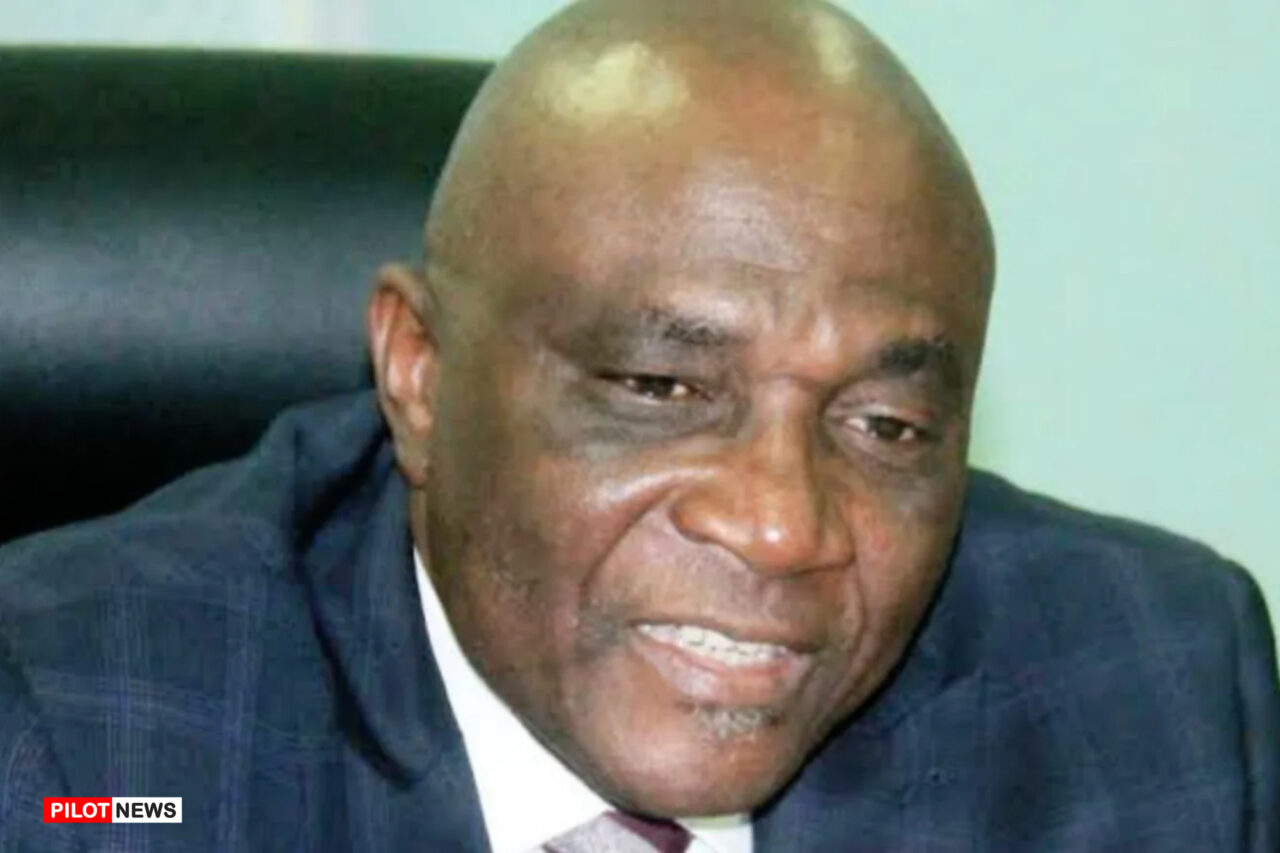The Nigerian Presidency has rejected a recent report by the New York Times on the country’s economic situation, labelling it as misleading and jaundiced.
The report, published on June 11, painted a dire picture of Nigeria’s economy, blaming the current administration’s policies for the country’s woes.
“Nigeria is facing its worst economic crisis in decades, with skyrocketing inflation, a national currency in free-fall and millions of people struggling to buy food,” Ruth Maclean and Ismail Auwal wrote for the foreign media.
On Sunday, the Special Adviser to President Bola Tinubu on Information and Strategy, Bayo Onanuga, described the report as “predetermined, reductionist, derogatory, and denigrating.” He accused the foreign media of having a long history of reporting negatively on African countries.
According to Onanuga, the report failed to acknowledge the positive aspects of the Nigerian economy and the efforts of the government to address the challenges. He emphasised that President Tinubu inherited a struggling economy and has been working to revitalise it.
“To be sure, President Tinubu did not create the economic problems Nigeria faces today. He inherited them. As a respected economist in our country once put it, Tinubu inherited a dead economy,” stated Onanuga.
The New York Times report, titled “Nigeria Confronts Its Worst Economic Crisis in a Generation,” attributed the country’s economic woes to the policies of the current administration.
“The crisis is largely believed to be rooted in two major changes implemented by a president elected 15 months ago: the partial removal of fuel subsidies and the floating of the currency, which together have caused major price rises,” the report stated.
The article highlighted the struggles of Nigerians amid an inflationary spiral and blamed the government’s policies for the crisis. “People in Africa’s most populous nation are suffering as the price of food, fuel and medicine has skyrocketed out of reach for many,” it noted.
However, Onanuga said President Tinubu took the hard decisions to save the country.
“The economy was bleeding and needed quick surgery to avoid being plunged into the abyss, as happened in Zimbabwe and Venezuela. This was the background to the policy direction taken by the government in May/June 2023: the abrogation of the fuel subsidy regime and the unification of the multiple exchange rates,” he said.
The denial of the New York Times report is the latest in a series of rebuttals by the Nigerian government to negative reports on the country’s economy.
The Tinubu’s government has consistently maintained that it is working to address the economic challenges and improve the lives of Nigerians.
“Our country faced economic hardship in the past, an experience that has been captured in folk songs. Just like we overcame them, we shall overcome our present difficulties,” Onanuga concluded his rejoinder.
Latest posts by By Ezinwanne Onwuka (Senior Reporter) (see all)
- Nigeria’s Inflation Falls to 18.02% in September - October 16, 2025
- Osimhen Fires Nigeria into 2026 World Cup African Playoffs - October 14, 2025
- FG Approves New Admission Criteria for Tertiary Institutions - October 14, 2025
previous
Tinubu Surrounds Self With Aides, Associates Who Want Him To Fail – Lukman
next

